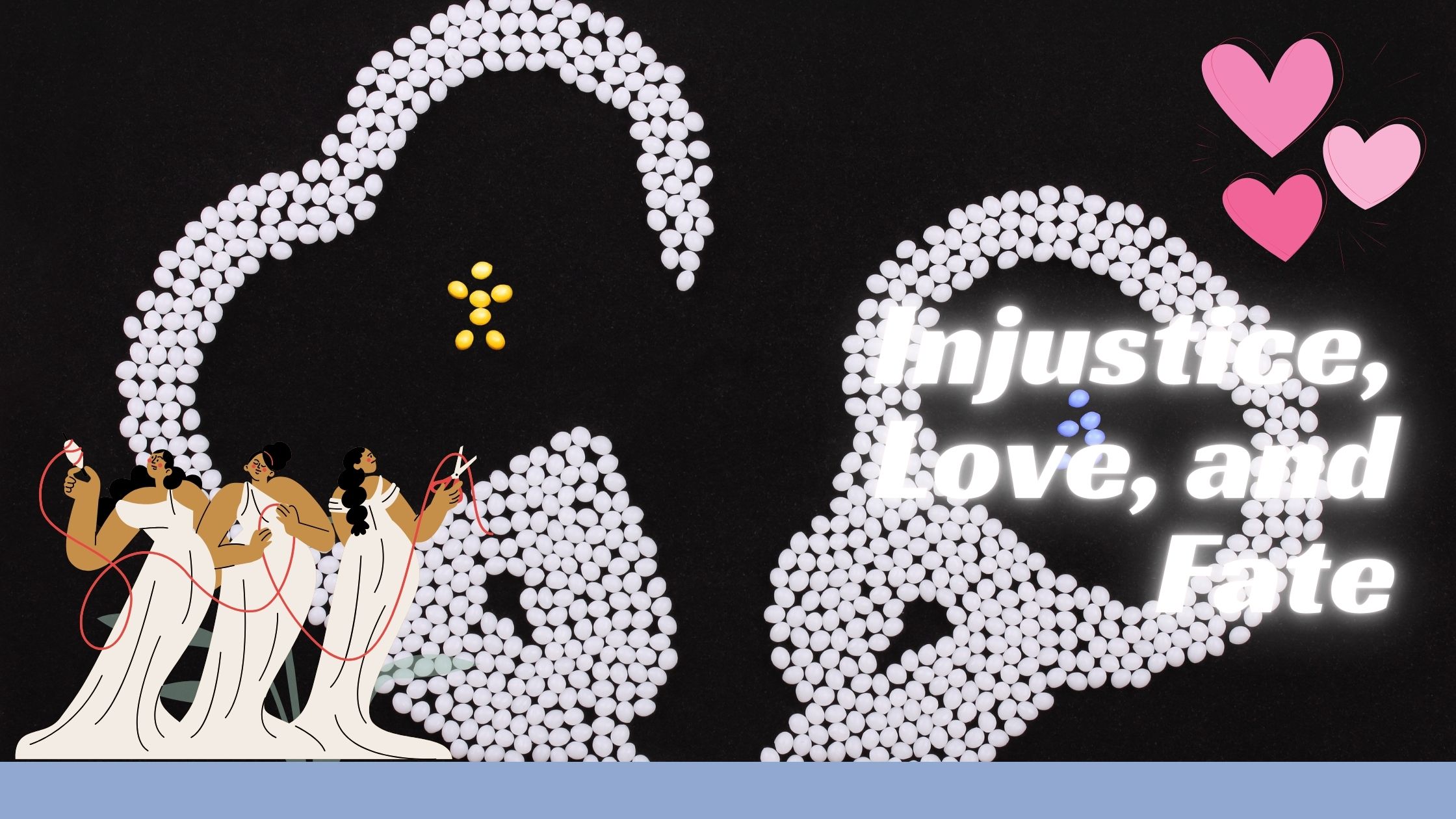Saeb Tabrizi, a master of the 17th-century Persian poetic style known as Sabk-e Hindi (Indian Style), is celebrated for his profound insights into the human condition, expressed through intricate metaphors and thought-provoking imagery. The poem presented here offers a poignant reflection on life, love, intellect, and the passage of time.
Persian Poem:
از سر خرده جان، سخت دلیرانه گذشت
آفرین باد به پروانه که مردانه گذشت
در شبستان جان عمر گرانمایه دل
هر چه در خواب نشد صرف به افسانه گذشت
لرزه افتاد به شمع از اثر یکرنگی
باد اگر تند به خاکستر پروانه گذشت
ماجرای خرد و عشق تماشای خوشی است
نتوان زود ازین کشتی خصمانه گذشت
منه انگشت به حرف من مجنون زنهار
که قلم بسته لب از نامه دیوانه گذشت
مایه عشرت ایام کهنسالی شد
آنچه از عمر به بازیچه طفلانه گذشت
دل آزاد من و گرد تعلق، هیهات
بارها سیل تهیدست از این خانه گذشت
گرد کلفت همه جا هست به جز عالم آب
خنک آن عمر که در گریه مستانه گذشت
شود آغوش لحد دامن مادر به کسی
که یتیمانه به سر برد و غریبانه گذشت
دل آگاه مرا خال لبش ساخت اسیر
مرغ زیرک نتوانست ازین دانه گذشت
عقده ای نیست که آسان نکند همواری
رشته بی گره از سبحه صد دانه گذشت
عقل از آب و گل تقلید نیامد بیرون
عشق اول قدم از کعبه و بتخانه گذشت
یک دم از خلوت اندیشه نیامد بیرون
عمر صائب همه در سیر پریخانه گذشت
Translation:
With a head full of petty grievances, he passed bravely,
Bravo to the moth that passed so valiantly.
In the sanctuary of the soul, the precious life of the heart,
Whatever was not spent in sleep was wasted on tales.
A tremor fell upon the candle from the effect of sincerity,
If a strong wind passed over the moth's ashes.
The story of intellect and love is a delightful spectacle,
One cannot easily pass by this hostile ship.
Do not point a finger at my words, O Majnun, beware!
For the pen, with lips sealed, has passed over the letter of the madman.
The source of joy became old age,
What passed of life in childish play.
My free heart and the dust of attachment—alas!
Many times, a destitute flood passed by this house.
The dust of hardship is everywhere except in the realm of water,
Blessed is the life that passed in drunken weeping.
The embrace of the grave becomes a mother's lap for one
Who lived as an orphan and passed away as a stranger.
His mole on the lip made my aware heart captive;
The clever bird could not pass by this grain.
There is no knot that smoothness cannot undo;
A thread without a knot passed through a hundred prayer beads.
Intellect could not escape imitation of water and clay,
Love, at its first step, passed by the Kaaba and the idol house.
Not a single moment did he emerge from the solitude of thought;
Saeb's entire life was spent wandering in the realm of fairies.
The Poem and its Themes:
The poem begins by praising the "moth" (parvaneh), a classic symbol of self-sacrifice in Persian literature, for its valiant embrace of death in the flame. This sets the tone for a meditation on life's fleeting nature and the choices we make.
The second couplet laments the time wasted on "tales" (afsaneh), implying that much of life is spent on trivial pursuits rather than genuine experiences. This theme of wasted time and the importance of living meaningfully recurs throughout the poem.
The image of the trembling candle and the wind over the moth's ashes further emphasizes the fragility of life and the transience of earthly existence. The "story of intellect and love" is described as a "delightful spectacle," suggesting that the interplay between these two forces is a central theme of human experience. However, the "hostile ship" metaphor implies that this journey is not without its challenges.
The poet warns against criticizing the words of the "madman" (Majnun), another iconic figure in Persian literature, representing passionate, often unrequited, love. This suggests that profound experiences, especially those related to love, may defy conventional logic.
The poem reflects on the irony of life, where the "source of joy" becomes old age, while youth is spent in "childish play." This speaks to the bittersweet nature of time's passage and the realization that what once seemed important may later appear trivial.
The poet contrasts his "free heart" with the "dust of attachment," lamenting the human tendency to become entangled in worldly concerns. The image of the "destitute flood" passing by the house symbolizes the constant flow of life's experiences, often leaving little lasting impact.
A powerful couplet states that "the dust of hardship is everywhere except in the realm of water," suggesting that suffering is an inherent part of the human experience, except perhaps in a state of pure, untainted existence. This is followed by a blessing for those whose lives are marked by "drunken weeping," implying that even sorrow can be a form of deep, authentic experience.
The poem then turns to the theme of loss and longing, portraying the grave as a "mother's lap" for those who lived as orphans and strangers. This offers a comforting image of final rest and reunion.
The poet describes how his "aware heart" was captivated by the beloved's "mole on the lip," a classic symbol of beauty in Persian poetry. Even a "clever bird" (representing wisdom or experience) could not resist the allure of this "grain." This highlights the irresistible power of love.
The image of a "thread without a knot" passing through "a hundred prayer beads" suggests that even complex problems can be resolved with patience and perseverance.
The poem concludes with a powerful statement about the limitations of intellect ("Intellect could not escape imitation of water and clay") and the transformative power of love ("Love, at its first step, passed by the Kaaba and the idol house"). This suggests that love transcends religious and societal boundaries. The final couplet states that Saeb’s life was spent wandering in the "realm of fairies," implying that he lived a life of imagination, contemplation, and perhaps even detachment from the mundane world.
Key Poetic Devices and Interpretations:
- Symbolism: The poem is rich in symbolic imagery, such as the moth, candle, flood, and mole.
- Metaphor: Metaphors like "hostile ship," "mother's lap," and "realm of fairies" add layers of meaning to the poem.
- Contrast: The poem employs contrasts between intellect and love, youth and old age, freedom and attachment.
Conclusion:
This poem by Saeb Tabrizi is a profound and moving exploration of the human journey. It offers insights into love, loss, time, and the search for meaning. Through its rich imagery and metaphorical language, the poem continues to resonate with readers centuries later.





